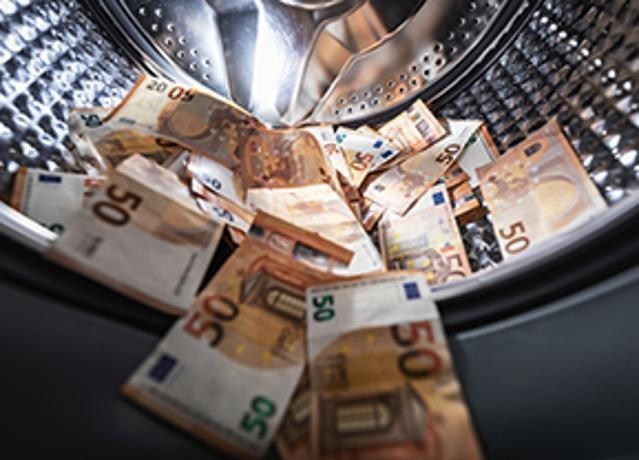A senior government official has called a new amnesty on dirty money to bring billions of euros in hidden bank accounts back into the legal economy.
In an interview with De Tijd, Steven Vanden Berghe, a senior civil servant with the federal finance ministry, argues there are billions of undeclared euros in ordinary accounts with Belgian banks. But the money lies untouched because account holders would face prosecution if it ever emerged.
In present circumstances, he said, it is almost impossible to bring money from a bank in Luxembourg or Switzerland without having to pay tax plus a penalty – or “regularisation” as it is called.
Bringing money in from tax havens is even more difficult.
But that was not always the case, he said, and the money which now lies untouched in Belgian banks is the proceeds of transfers made in the days before regularisation.
The procedure introduced in 2016 for regularisation applies a tariff of 20% on top of any tax that the sums would be subject to. In the case of funds that can no longer be taxed, a regularisation tariff of 36% is applied.
However the possibility remains open for the holders of those sums to be prosecuted for money-laundering, and in that case the bank itself could also be charged.
What Vanden Berghe is proposing now is a new regularisation round for the funds in Belgian bank accounts or financial products. The tariff in that case would be lower, since tax on interest and other levies has been paid over the years on the financial instruments the money is kept in.
The result would be income for the state from the penalties and back taxes due. And since it was no longer hidden, the capital itself could be injected into the economy rather than gathering dust.
“It would be an opportunity to fill up the budgetary potholes caused by the corona crisis,” Vanden Berghe said.
The new round would also be of brief duration. And it would be followed, he suggests, by a renewed effort by the justice system to prosecute those who refused to take advantage of the partial amnesty.
The justice system could recruit people en masse to do that,” he said. “The investment in people and resources would pay off for the treasury.”
Alan Hope
The Brussels Times

